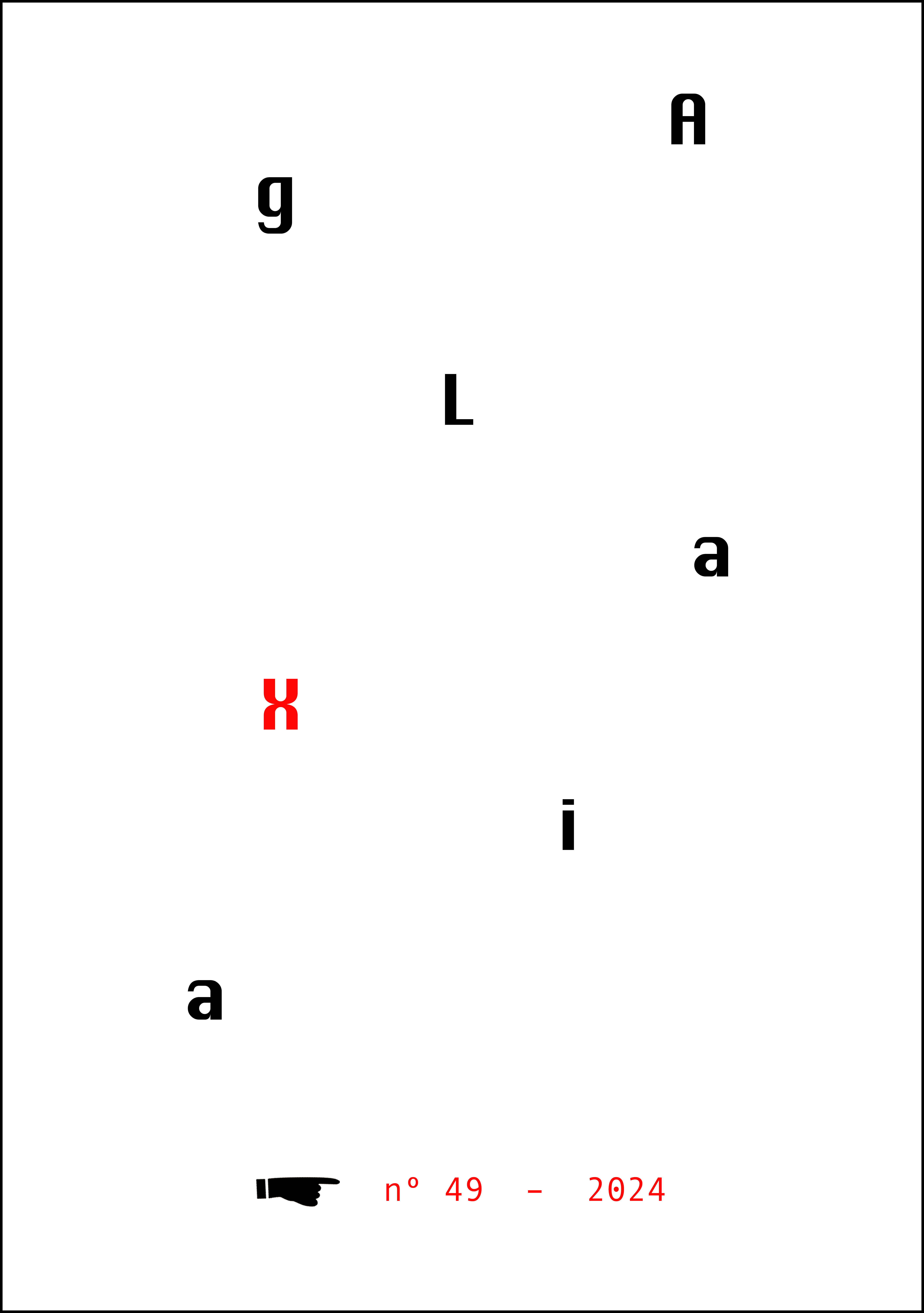Book Review
Há como deter a invasão do ChatGPT?
Keywords:
ChatGPT, Artificial Intelligence, neural networksAbstract
The launch of ChatGPT has brought Artificial Intelligence into the spotlight of major media channels. Concepts like neural networks, large language models, and natural language processing, once confined to academic realms, previously exclusive to scholarly discussions, have now become widely recognized. This raises questions like what exactly is ChatGPT, and what are its capabilities and limitations? Lucia Santaella, professor and researcher in the field of semiotics and communication at PUC-SP, proposes in this book to address these and other queries that have arisen following the launch of this potent tool. ChatGPT converses and behaves in a manner reminiscent of human interaction, yet it remains a machine, inherently lacking in ethical and moral judgment.
References
BOUCHER, Phillip. Artificial intelligence: How does it work, why does it matter, and what can we do about it?. Bruxelas, European Union, 2020. Disponível em: <https://www.europarl.europa.eu/thinktank/en/document/EPRS_STU(2020)641547>. Acesso em: 16 abr. 2024.
BUCCI, Eugênio. Incerteza: um ensaio - como pensamos a ideia que nos desorienta (e orienta o mundo digital). São Paulo: Autêntica, 2023.
GOEMANN JR., Rodolfo Godo. Inteligência Artificial e Suas Ambivalências: uma Abordagem Social dos Benefícios, Riscos e Desafios da IA. São Paulo: Alta Books, 2022. [Livro eletrônico]
BRASIL. Constituição (1988). Constituição da República Federativa do Brasil. Brasília, DF: Senado Federal, Centro Gráfico, 1988. Disponível em: <https://www.planalto.gov.br/ ccivil_03/constituicao/constituicao.htm>. Acesso em: 16 abr. 2024.
KAUFMAN, Dora. Dá pra fazer arte com inteligência artificial? Época Negócios. 23 ago. 2019. Disponível em <https://epocanegocios.globo.com/colunas/IAgora/noticia/2019/08/ da-pra-fazer-arte-com-inteligencia-artificial.html>. Acesso em 07 mar. 2024.
SANTAELLA, Lucia. Há como deter a invasão do ChatGPT? São Paulo: Estação das Letras e Cores, 2023. [Livro eletrônico]
UNESCO. AI and education: guidance for policy-makers. [S. l.]: Unesco, 2021. 45 p. DOI: https://doi.org/10.54675/PCSP7350. Disponível em: <https://unesdoc.unesco.org/ark:/48223/pf0000376709>. Acesso em: 5 mar. 2024.
UNESCO, 2022. Recommendation on the Ethics of Artificial Intelligence. Unesco, 2022, 43 p. Disponível em: <https://unesdoc.unesco.org/ark:/48223/pf0000381137. Acesso em 16 abr. 2024.
Downloads
Published
How to Cite
Issue
Section
License
Copyright (c) 2024 Galaxia

This work is licensed under a Creative Commons Attribution 4.0 International License.
I cede the copyrights to publication of my article to Galaxia journal and will consult the journal’s scientific editor should I decide to republish it later in a book.



 Este obra está licenciada com uma Licença
Este obra está licenciada com uma Licença 